(Update)
The reporting of the plenaries of the FEMISE conference is available here.
A video feedback on this flagship event of our network is available below.
– – – –
FEMISE is happy to announce that its annual conference will take place this year in Brussels, Belgium, on June 13th and 14th 2019.
Please click here to register.
This year’s theme will be on:
SUSTAINABLE DEVELOPMENT: DRAWING AN IMPACTFUL EU-MED ROADMAP
The objectives of this conference are threefold:
(1) To take stock of what the South-Med region has achieved in the past few years in terms
of sustainable development;
(2) To highlight the main challenges they are still facing; and
(3) To propose a road-map on how to move forward towards achieving sustainable
development.
The conference plenary sessions will address the FEMISE four main thematic pillars and will link
them to the SGDs, taking into account their interlinkages, offering a platform for dialogue between
the different stakeholders.
The concept note is available by clicking here.
The conference agenda is available by clicking here.
All the participants bios are available by clicking here.
The FEMISE annual conference provides a platform for the different actors of the EU-Med region of research institutes’ members, academics, policymakers and representatives of the international community including the EU, to engage in a constructive dialogue about the future of the region and the role the EU can play in the context of the new Neighborhoud Policy (ENP).
To get to know some of our speakers, click on their pictures !


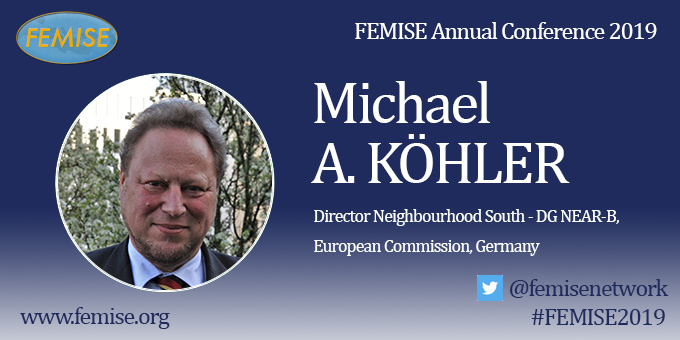

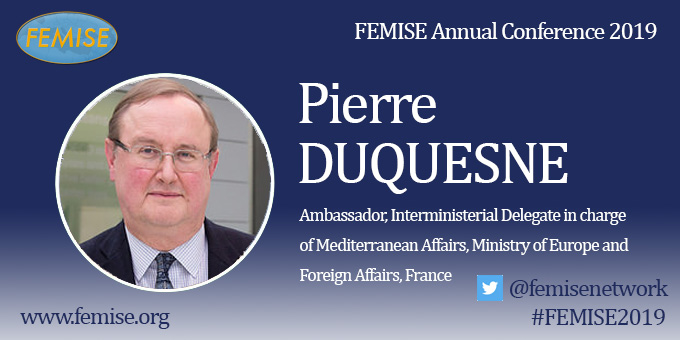
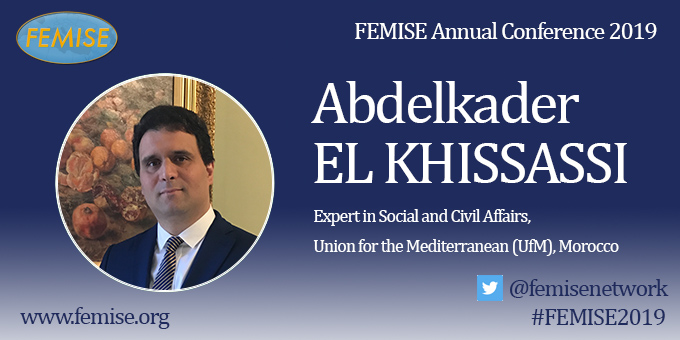
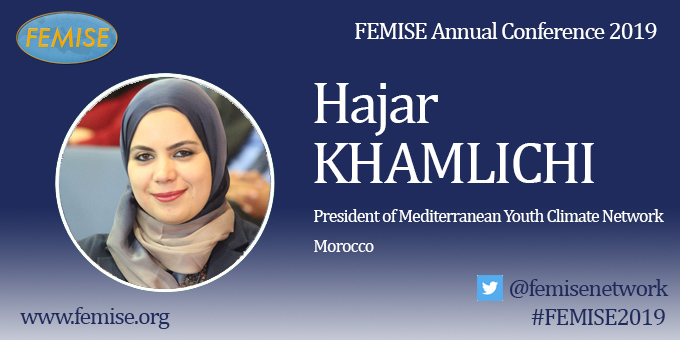
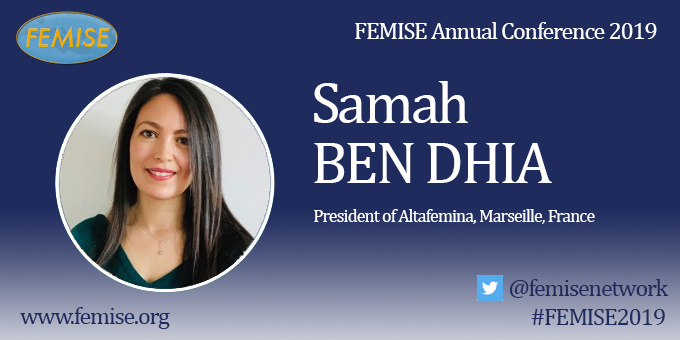
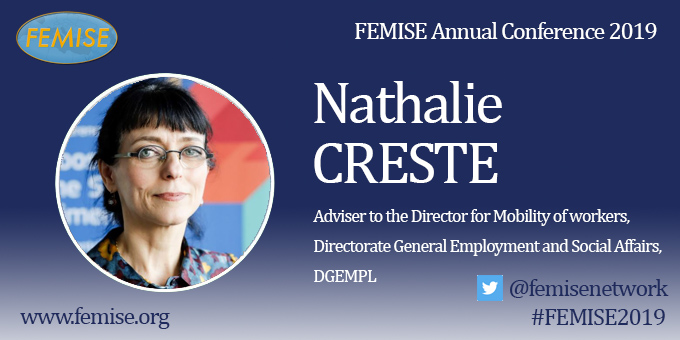
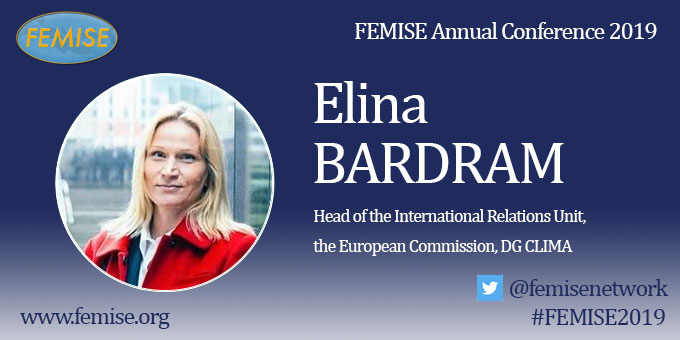
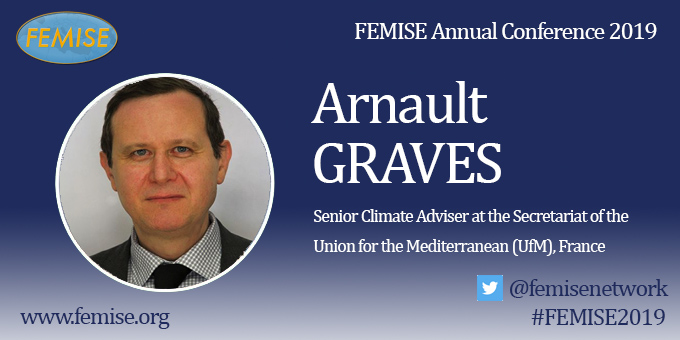
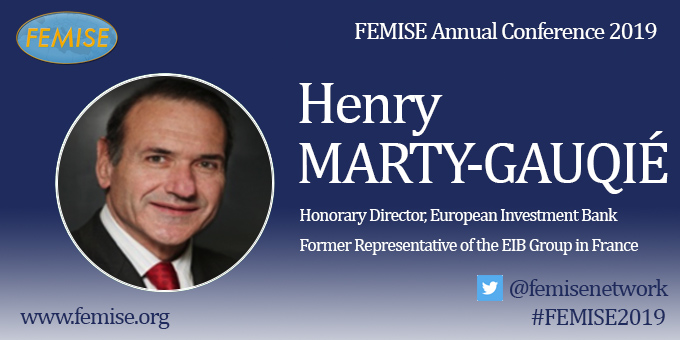
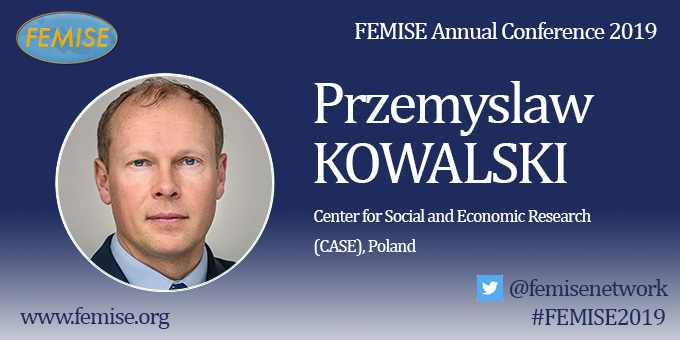
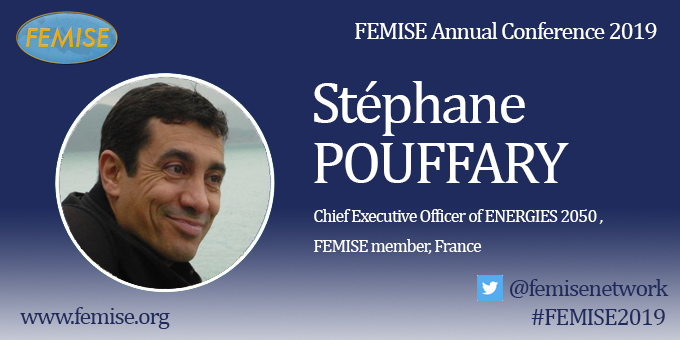
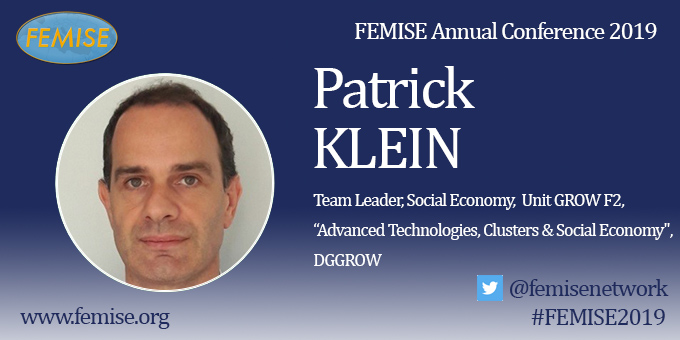
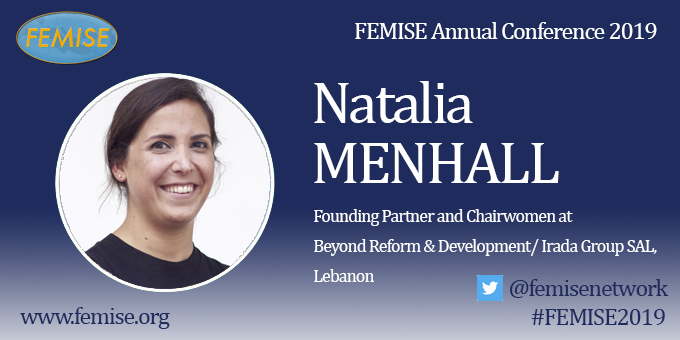
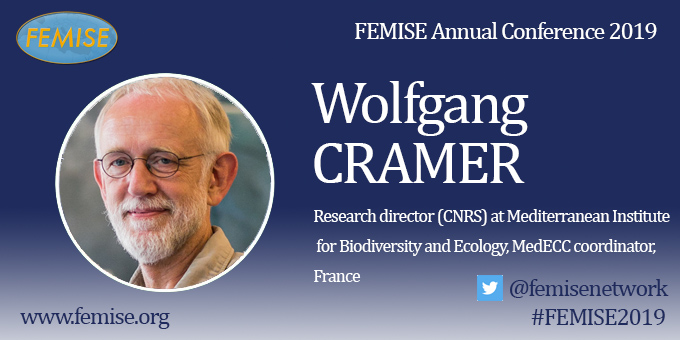
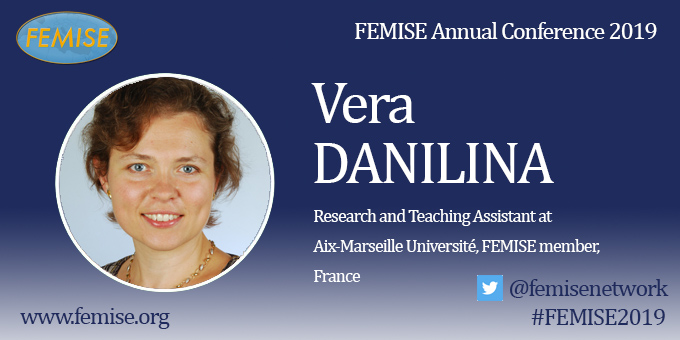
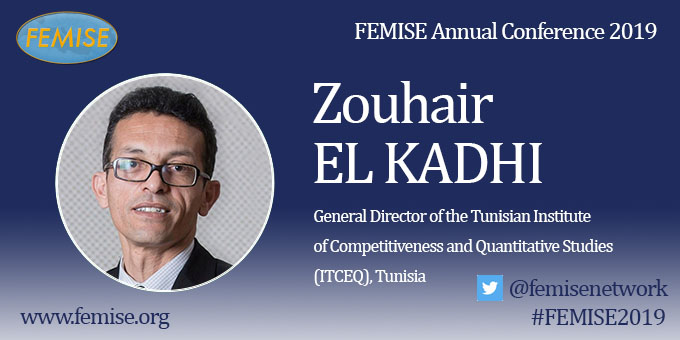
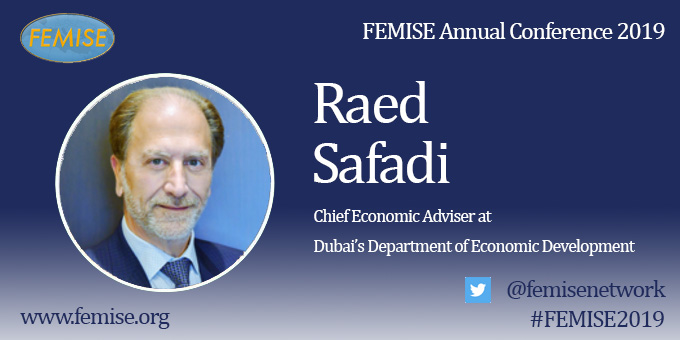
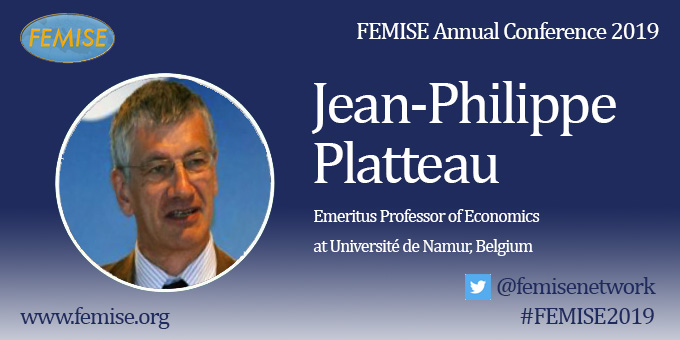
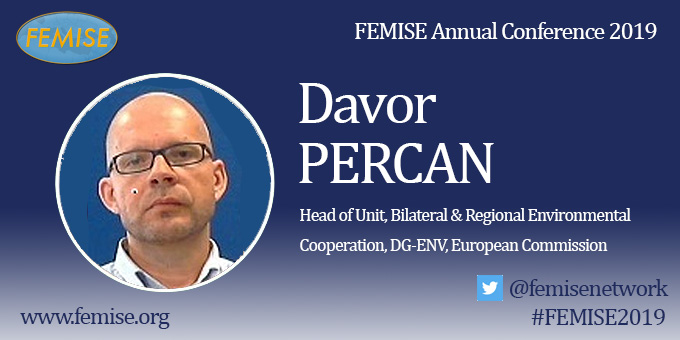
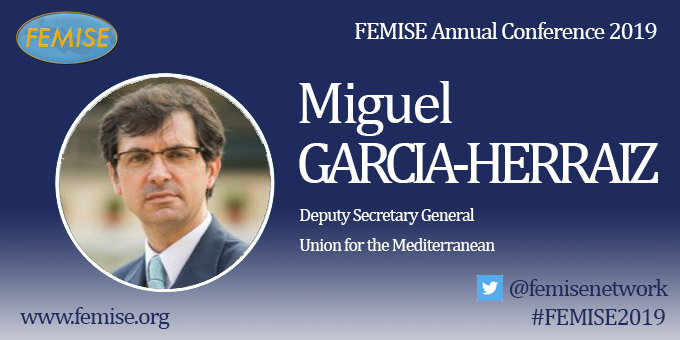
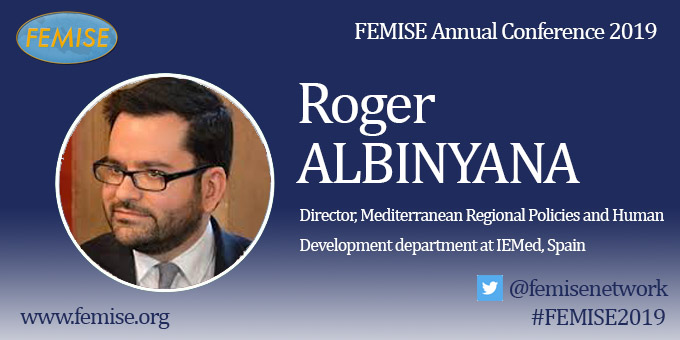
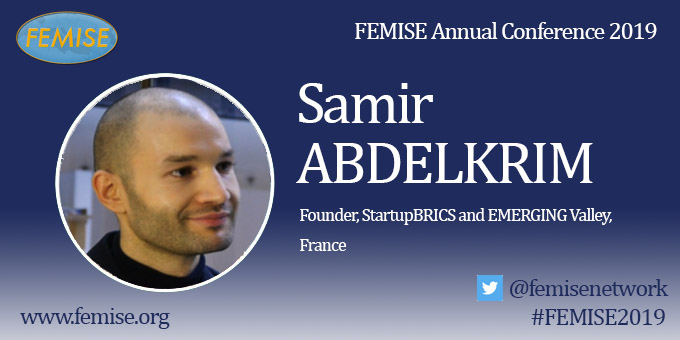
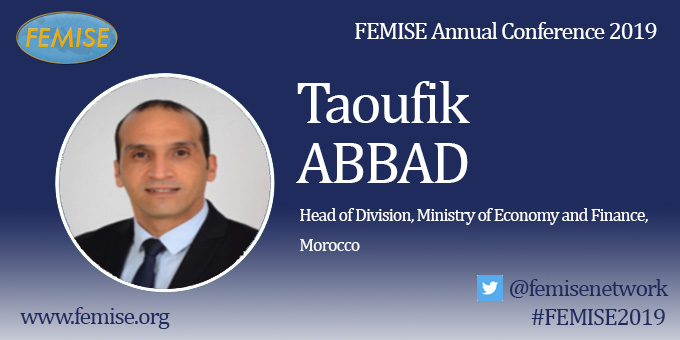
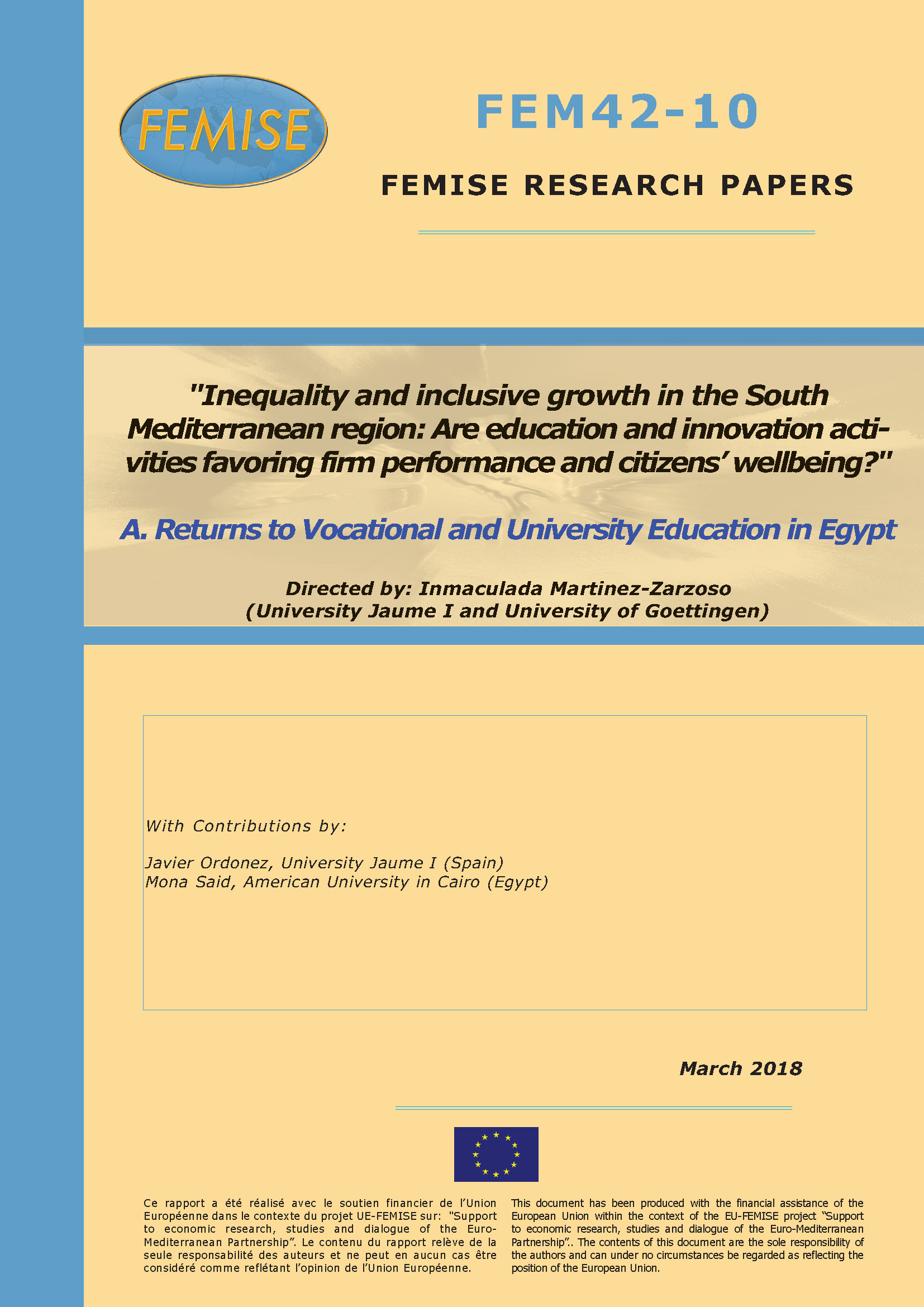 FEMISE is pleased to announce the publication of its research project FEM42-10,
FEMISE is pleased to announce the publication of its research project FEM42-10,